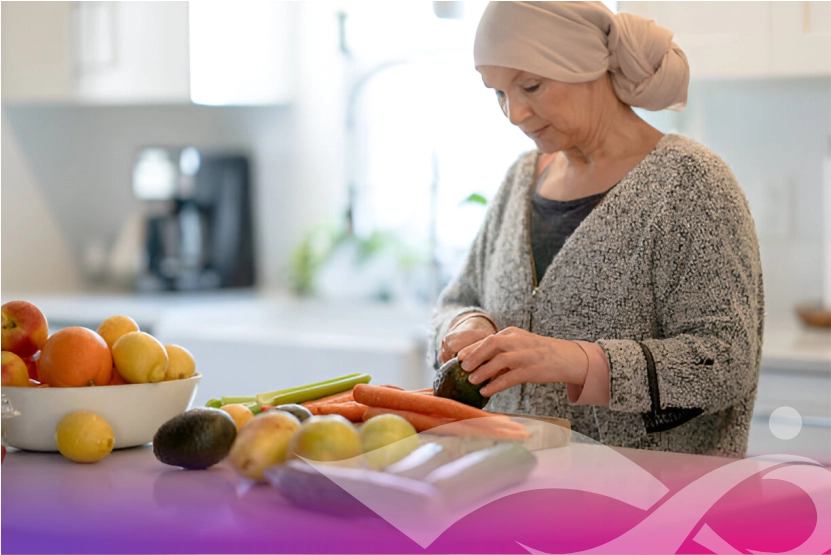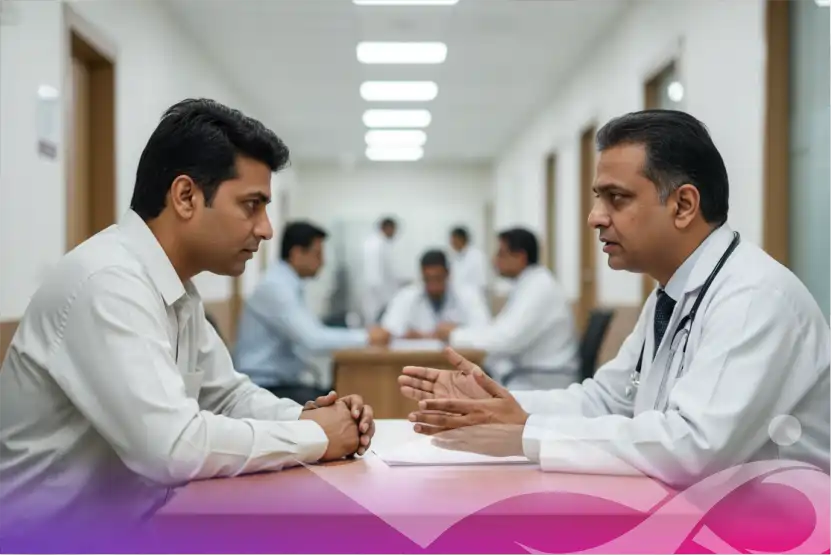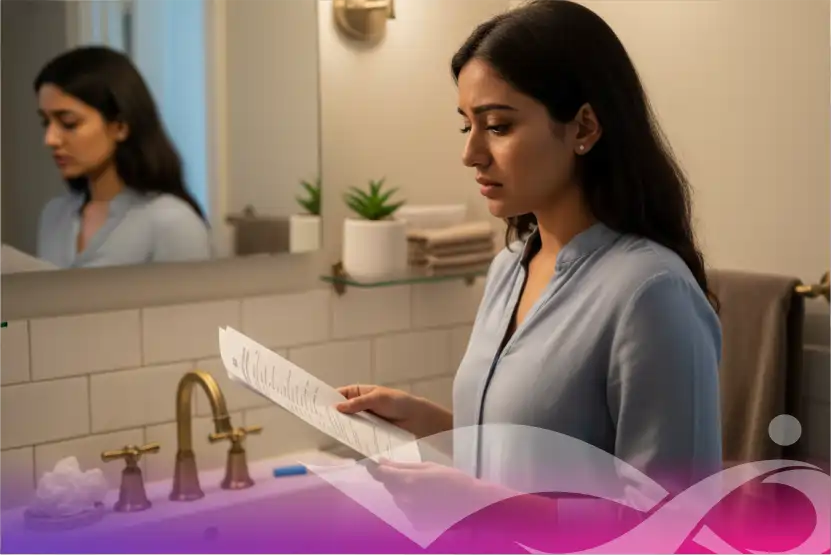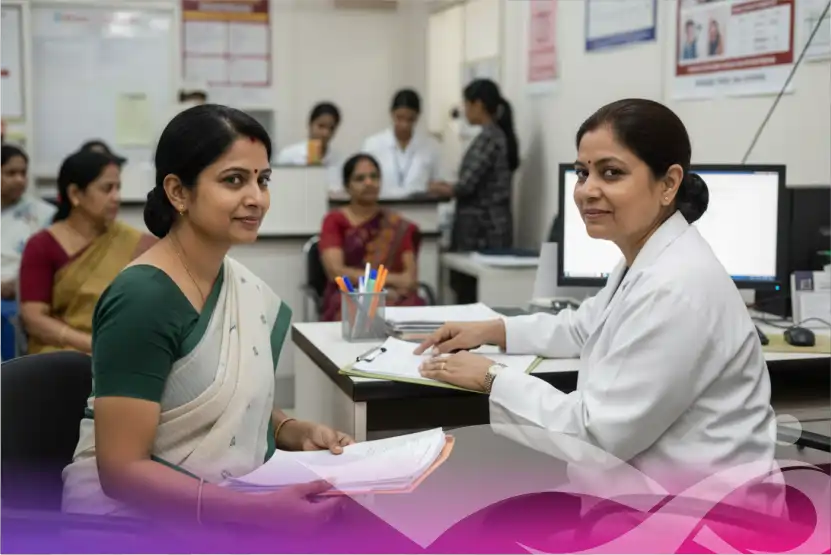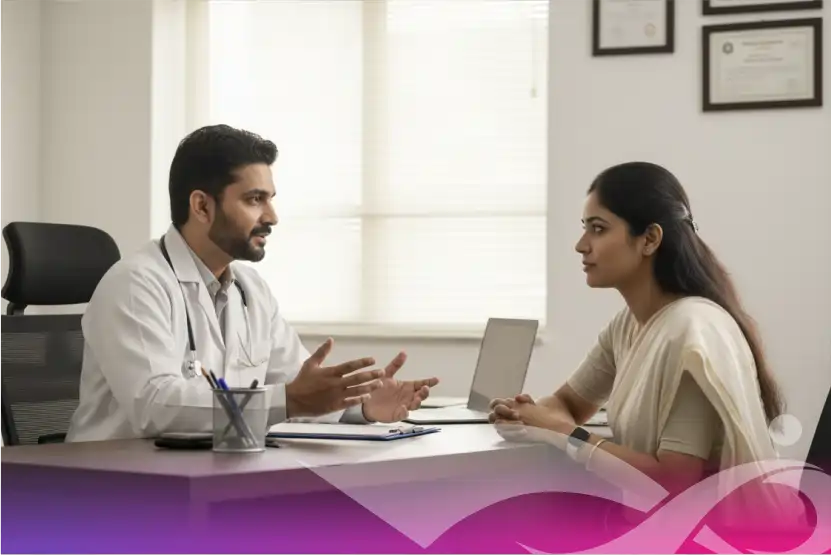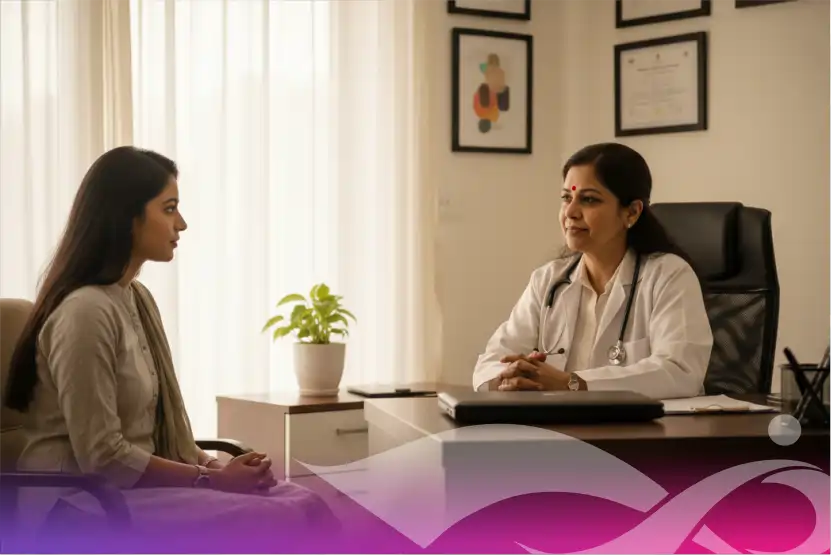When someone hears the word brain tumor, their first thoughts go to surgery, scans, or radiation. Rightfully so.
But there’s something else that quietly plays a powerful role in recovery—food.
Not just as calories on a plate, but as comfort, strength, healing.
At IOCI, we’ve seen how much a personalized, thoughtful diet can improve outcomes—physically and emotionally—for brain cancer patients.
This isn’t about “superfoods.” It’s about real food that works with your treatment, not against it.
Why Nutrition Matters More Than You Think
Brain cancer—and the treatments that follow—can take a toll on your body. Appetite changes. Nausea. Fatigue. Swallowing issues. Sometimes, patients just don’t feel like eating at all.
That’s where oncology nutrition for cancer patients becomes essential.
Because your body is fighting hard. And like any battle, it needs fuel.
“Some patients lose weight drastically. Others gain due to steroids,” says our oncology dietician at IOCI Indore.
“Either way, nutrition isn’t just supportive—it’s therapeutic.”
What a Brain Cancer Diet Focuses On
There’s no one-size-fits-all meal plan. Every patient is different. But there are core goals:
- Maintaining strength & energy during chemo or radiation
- Supporting brain function with healthy fats and antioxidants
- Managing side effects like constipation, nausea, dry mouth
- Preventing infections with immune-boosting nutrients
- Promoting healing after brain cancer treatment or surgery
Some key nutrients we emphasize:
- Omega-3s – from walnuts, flaxseed, fatty fish
- Protein – from eggs, dal, paneer, or lean meats
- Antioxidants – through fresh fruits, vegetables, and seeds
- Fluids – to help flush toxins and keep the brain hydrated
And no, this doesn’t mean bland khichdi forever. We help families create meals that are nourishing, comforting, and enjoyable.
Real-Life Example: Rajesh, 54
After undergoing Image-Guided Radiation Therapy for a tumor near his parietal lobe, Rajesh had trouble chewing and lost nearly 8 kg in a month.
His daughter reached out to our nutrition team at IOCI Noida. We introduced small but effective changes:
- Switched to soft, high-calorie foods
- Added smoothies with protein and healthy fats
- Balanced his meals around his treatment cycles
By week 3, his energy was up, side effects were manageable, and most importantly—he started looking forward to food again.
How Families Can Help
Most patients don’t ask for help—they just quietly eat less, or not at all. That’s why families are such an important part of a healthy diet for cancer recovery.
If your loved one is undergoing brain cancer treatment:
- Don’t push food. Offer options, gently.
- Keep small meals ready throughout the day.
- Talk to the dietician—don’t guess what’s “healthy.”
- Understand that recovery isn’t just medical—it’s also emotional.
What We Do at IOCI
At every IOCI location, nutrition isn’t optional.
It’s part of the treatment plan.
We offer:
- Diet consultations pre- and post-surgery
- Meal planning during radiation or chemo
- Counselling for families struggling to manage appetite changes
- Long-term recovery plans with brain-supportive foods
If you or someone you love is dealing with brain cancer, speak with our team across Noida, Greater Noida, Mumbai, Indore, Aurangabad, Agartala, Saharanpur, Kanpur, and Jodhpur.






